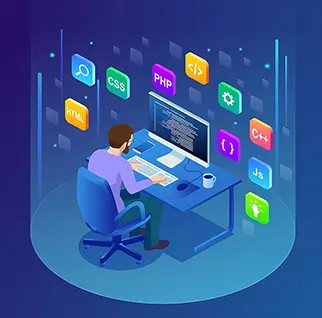Design & Engineering
Excellence
When we say it, we mean it!




Servers are the life-line of business’ technology infrastructure. Every time a server stops, and so does your business. We have a knowledgeable and experienced team who make sure that your servers are in good hands. The fundamental layer of protection is much needed before upsetting your company’s crucial data on web. The quick advancement of Web-borne malware developed digital dangers and data security dangers. Now the Web Threat Security is more common than anytime. With the increasing number of cyber criminals, now the web requires more advanced system other than customary system security and host based security innovations. We can help your business with our managed network security services to meet your compliance needs.

Compliance studies a company’s security processes. It details their security at a single moment in time and compares it to a specific set of regulatory requirements. These requirements come in the form of legislation, industry regulations, or standards created from best practices.
Beyond Augmentation: Strategic Services to Scale Your Vision.

We offer a full-service branding and design strategy that helps

With so many technologies to work upon, hiring gets difficult

With so many technologies to work upon, hiring gets difficult

With so many technologies to work upon, hiring gets difficult
When we say it, we mean it!
